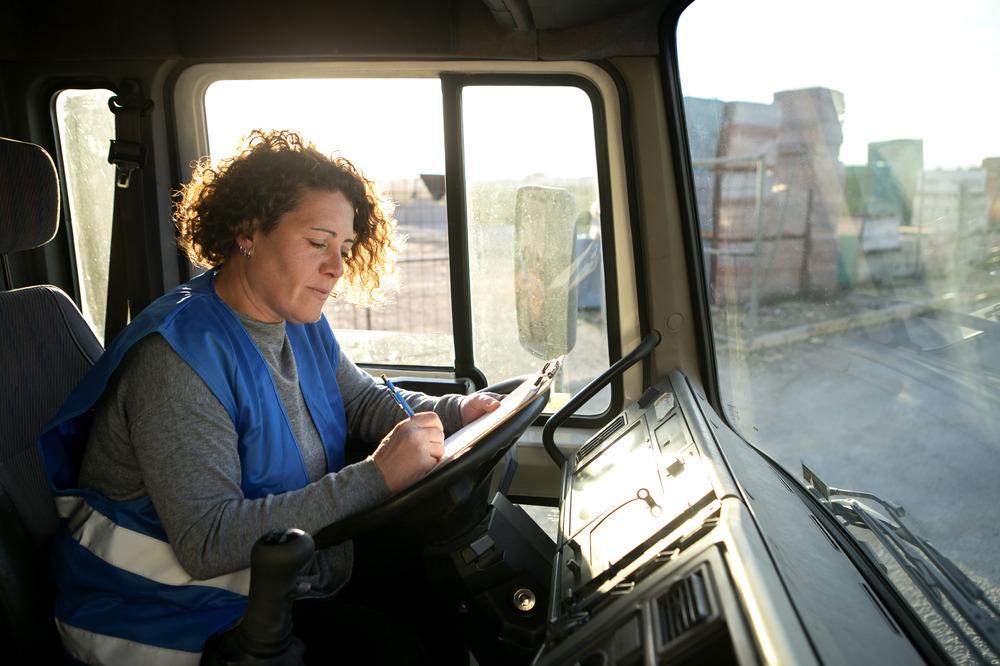The Ultimate Guide to Trucking Schools: Start Your Journey Today

A career in trucking offers stability, competitive pay, and the freedom of the open road. But before you can take the wheel of a commercial truck, you need the proper training and credentials. That’s where a trucking school comes in. Trucking schools are essential stepping stones for aspiring drivers, equipping them with the skills and knowledge needed to pass the Commercial Driver’s License (CDL) exam and succeed in the industry.
This guide will walk you through everything you need to know about trucking schools, from what they offer to how to choose the right one for your career goals.
What Is a Trucking School?
A trucking school is a specialized training institution that prepares individuals to operate commercial vehicles and earn a CDL. These schools provide a mix of classroom instruction and hands-on driving experience, ensuring students are ready for the challenges of a trucking career.
Types of Trucking Schools
-
Private Trucking Schools:
Independently operated and funded, these schools offer comprehensive training programs. They are typically unaffiliated with specific trucking companies. -
Company-Sponsored Trucking Schools:
Operated by trucking companies, these schools provide training in exchange for a work commitment after graduation. -
Community College Programs:
Some community colleges offer CDL training as part of their vocational education curriculum. These programs often provide a more affordable option for students.
Why Attend a Trucking School?
Attending a trucking school is the first step toward a successful trucking career. Here’s why it’s worth considering:
1. Comprehensive Training
Trucking schools cover all aspects of commercial driving, including safety regulations, vehicle maintenance, and road skills. The combination of classroom and practical training ensures you’re well-prepared for the CDL exam.
2. Hands-On Driving Experience
Driving a commercial truck is vastly different from operating a car. Trucking schools provide practice in various scenarios, from maneuvering tight spaces to driving on highways.
3. CDL Exam Preparation
Passing the CDL exam is essential to becoming a professional driver. Trucking schools guide students through the requirements of the written and driving portions of the test.
4. Job Placement Assistance
Many trucking schools have partnerships with transportation companies, helping graduates secure employment quickly after completing their training.
What to Expect in a Trucking School Program
Trucking school programs vary, but most include:
Classroom Instruction
-
CDL Theory: Rules, regulations, and road safety.
-
Vehicle Systems: Understanding the mechanics of commercial trucks.
-
Logbook Training: Learning to track hours of service.
Hands-On Training
-
Basic Maneuvers: Backing, parking, and turning.
-
On-the-Road Practice: Navigating highways, city streets, and rural areas.
-
Emergency Procedures: Handling breakdowns and accidents.
Program Duration
Most trucking school programs last between 3 and 8 weeks, depending on the school and type of training.
How to Choose the Right Trucking School
Selecting the right trucking school is crucial to your success. Consider the following factors:
Accreditation and Certification
Ensure the school is accredited and recognized by state and federal agencies. This guarantees that the training meets industry standards.
Cost and Financial Aid
Trucking schools can cost anywhere . Look for schools that offer financial aid, scholarships, or company-sponsored training programs.
Location and Scheduling
Choose a school that fits your lifestyle, whether you need flexible class schedules or a location close to home.
Reviews and Recommendations
Research reviews from past students to gauge the quality of training and support services.
Job Placement Assistance
A good trucking school will have strong connections with employers and a high job placement rate.
Advantages of Attending a Trucking School
-
Structured Learning Environment:
Unlike self-study or informal training, trucking schools provide a well-organized curriculum. -
Industry Connections:
Schools often have established relationships with trucking companies, increasing your chances of employment. -
Time Efficiency:
Trucking schools are designed to get you licensed and ready for work quickly.
Common Challenges and How to Overcome Them
1. Cost of Training
Trucking school can be expensive, but scholarships, financial aid, and company-sponsored programs can help offset costs.
2. Intensive Schedule
The fast-paced nature of training can be demanding. Staying organized and focused will help you succeed.
3. Adapting to Commercial Driving
Driving a large truck is challenging at first. Embrace the learning curve and practice as much as possible during training.
Life After Trucking School
Completing trucking school is just the beginning. Here’s what comes next:
Obtaining Your CDL
Passing the CDL exam is the final step to becoming a licensed truck driver. Most trucking schools provide the necessary resources and support for test preparation.
Securing a Job
Graduates of trucking schools are in high demand. Whether you choose long-haul trucking, local delivery, or a specialized role, there are plenty of opportunities to explore.
Continuing Education
As the trucking industry evolves, ongoing education and certifications can help you stay competitive and increase your earning potential.
Final Thoughts
Attending a trucking school is a smart investment in your future. It provides the skills, experience, and credentials needed to embark on a successful trucking career. Whether you’re drawn to the independence of long-haul driving or the stability of local routes, trucking schools prepare you for a rewarding journey.
By choosing the right school and committing to the training, you can hit the road with confidence and take the first step toward a brighter future.
Would you like assistance in finding the perfect trucking school for your needs? Let us know, and we’ll help you start your journey today!
- Art
- Causes
- Crafts
- Dance
- Drinks
- Film
- Fitness
- Food
- Giochi
- Gardening
- Health
- Home
- Literature
- Music
- Networking
- Altre informazioni
- Party
- Religion
- Shopping
- Sports
- Theater
- Wellness


